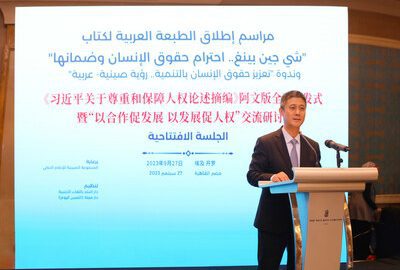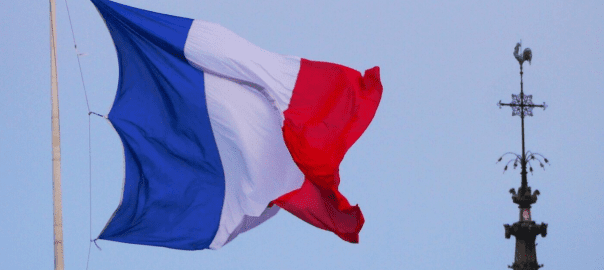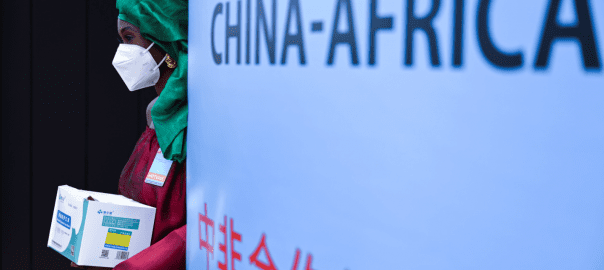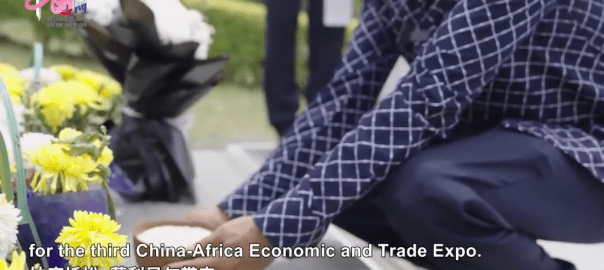By Kim Harrisberg | South Africa correspondent
|
Privacy experts are calling for citizens to be protected from growing surveillance in Africa, following a new report by the Institute of Development Studies (IDS) and the African Digital Rights Network (ADRN). Their report, “Mapping the supply of surveillance technologies to Africa” focuses on Nigeria, Ghana, Morocco, Malawi and Zambia importing surveillance tech from countries including the U.S., Britain, China, Israel as well as the EU amounting to more than $1bn every year. Continue reading |










